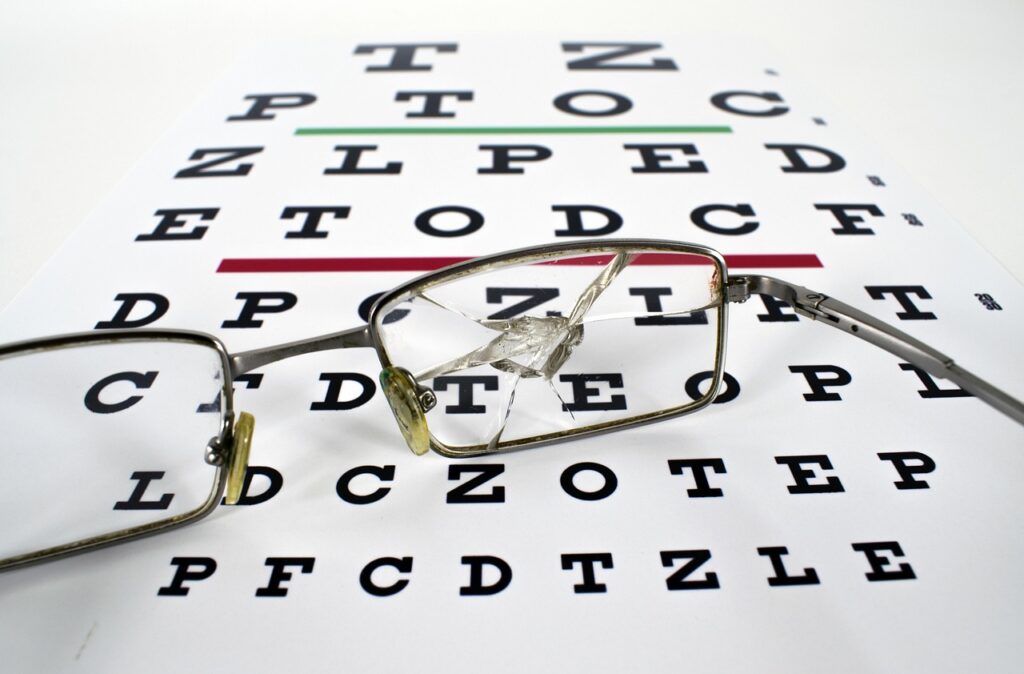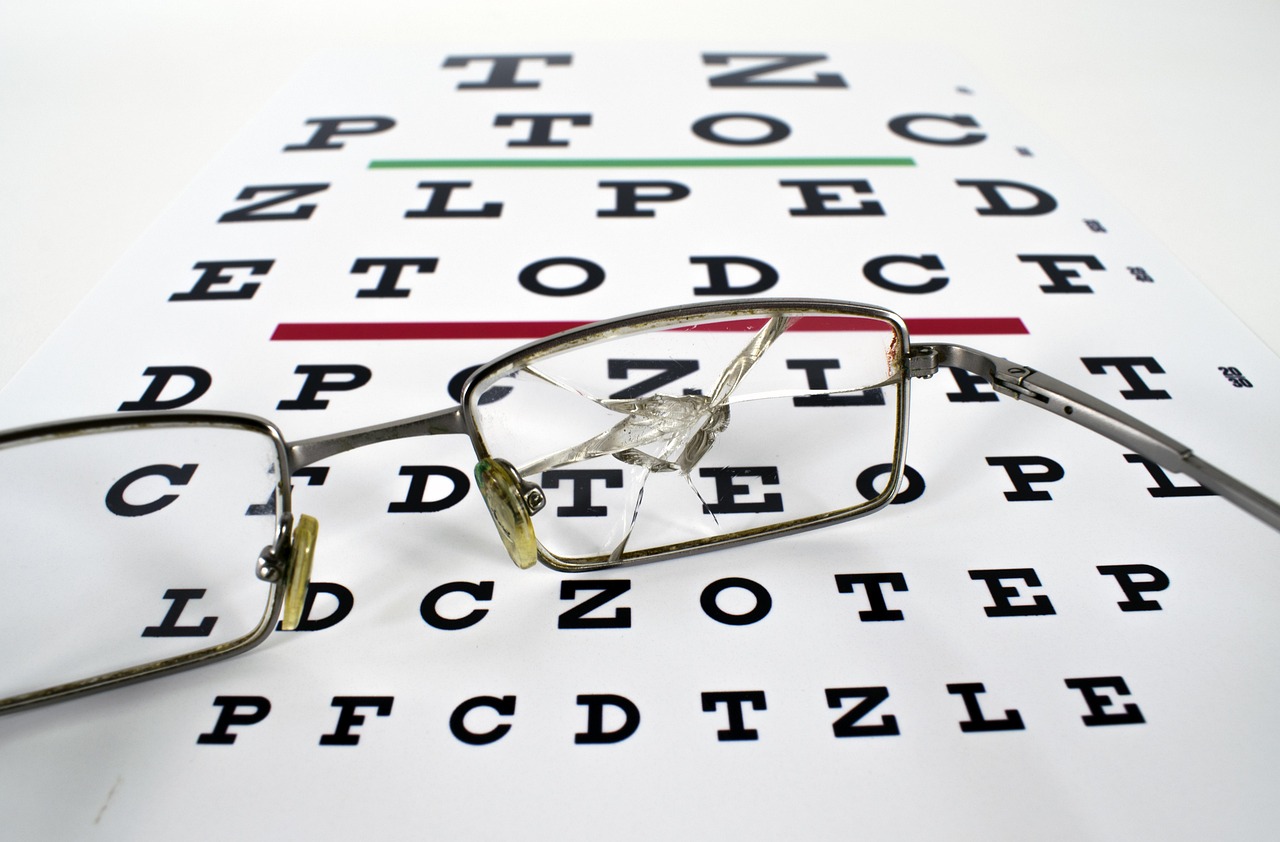
Migraine from Too Much Sleep
Introduction:
Migraines are a common and debilitating condition that affects millions of people worldwide. While many triggers for migraines are well-known, such as stress, certain foods, and hormonal changes, one trigger that often goes overlooked is too much sleep. In this blog post, we will explore the connection between migraines and oversleeping, including symptoms, causes, treatments, and prevention strategies to help those who suffer from this particular type of migraine.
Symptoms:
Migraines from too much sleep can present with typical migraine symptoms, such as throbbing head pain, sensitivity to light and sound, nausea, and vomiting. However, individuals may also experience symptoms related to oversleeping, such as feeling groggy, disoriented, or even more fatigued than usual.
Causes:
The exact mechanism behind migraines triggered by oversleeping is not fully understood. However, it is believed that disruptions to the body’s natural sleep-wake cycle, also known as the circadian rhythm, may play a role. Oversleeping can throw off this delicate balance, leading to changes in neurotransmitter levels and increased susceptibility to migraines.
Common Misconceptions:
One common misconception is that oversleeping is always beneficial for those prone to migraines. While adequate rest is essential for overall health, excessive sleep can actually trigger migraines in some individuals. It is crucial to find a healthy balance and maintain a consistent sleep schedule to prevent migraines from occurring.
Scientific Findings:
Research on the link between migraines and oversleeping is limited but growing. One study published in the journal Headache found that both too much and too little sleep were associated with an increased risk of migraines. More research is needed to fully understand the relationship between sleep patterns and migraine occurrence.
Lifestyle Triggers:
In addition to oversleeping, other lifestyle factors can contribute to migraines. These may include poor sleep hygiene, irregular sleep patterns, excessive caffeine or alcohol consumption, and high levels of stress. Identifying and addressing these triggers can help reduce the frequency and severity of migraines.
Treatments:
Treatment options for migraines triggered by oversleeping may include both natural and medical interventions. Natural remedies such as improving sleep hygiene, maintaining a consistent sleep schedule, and practicing relaxation techniques can be effective in preventing migraines. In more severe cases, medical treatments such as prescription medications or injections may be necessary to manage symptoms.
Prevention Tips:
To prevent migraines from too much sleep, it is essential to establish a regular sleep routine and prioritize good sleep hygiene. This includes going to bed and waking up at the same time each day, creating a relaxing bedtime routine, avoiding screens before bed, and ensuring your sleep environment is dark, quiet, and comfortable.
Frequently Asked Questions:
– Can oversleeping cause migraines?
– How much sleep is considered too much?
– Are there any specific foods or drinks that can trigger migraines from oversleeping?
– What are the best natural remedies for preventing migraines?
Conclusion:
While migraines triggered by oversleeping can be challenging to manage, understanding the connection between sleep patterns and migraine occurrence is a crucial step in finding relief. By implementing healthy sleep habits, addressing lifestyle triggers, and exploring treatment options, individuals can reduce the frequency and severity of migraines. Remember that each person’s experience with migraines is unique, and it may take time to find the right combination of strategies that work best for you. Stay informed, seek support from healthcare professionals, and remain optimistic in your journey towards better migraine management.
